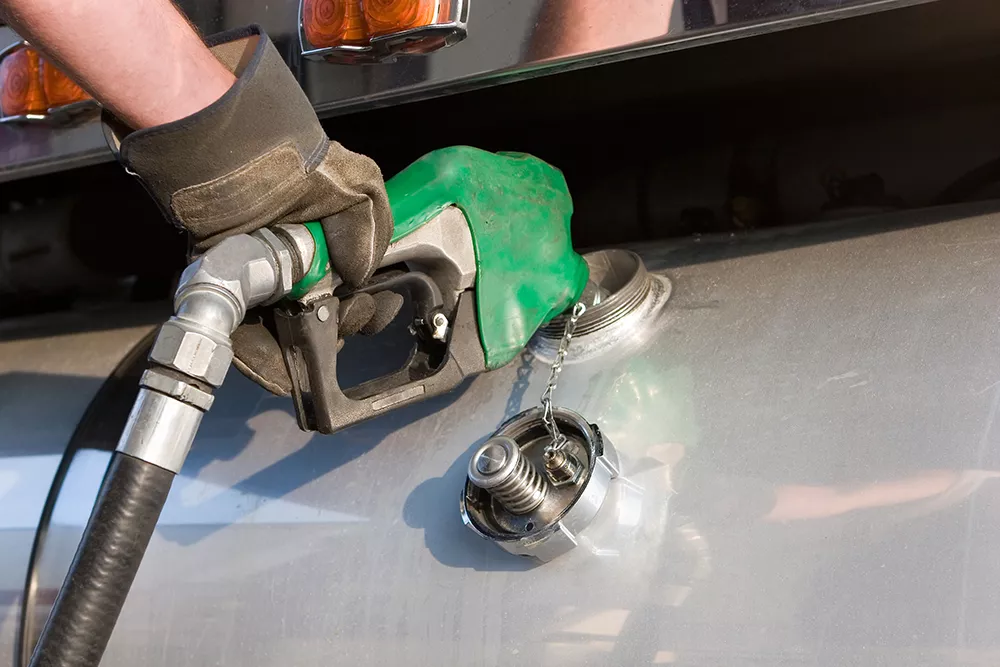According to the US Department of Transportation (DOT) Federal Motor Carrier Safety Administration (FMCSA), as of April 1, 2021, there were 64,846 substance abuse violations reported in their Clearinghouse database. No commercial motor vehicle driver with a recorded drug and alcohol violation can return to any safety-sensitive functions for five years, or until the DOT Return to Duty (RTD) process is completed.
Shockingly, only 10,609 of those commercial vehicle drivers currently with recorded drug and alcohol regulation violations have been approved to get back on the road by completing the Return-to-Duty process. That’s only 16.3 % that actually returned to duty.
The bulk of those commercial vehicle drivers with recorded drug and alcohol regulation violations, 41,029, haven’t even started the Return-to-Duty process at all! Unfortunately, the summary report doesn’t say why these commercial vehicle drivers with recorded drug and alcohol regulation violations haven’t started the RTD process.
The purpose of the Return to Duty process and the FMCSA Drug and Alcohol Clearinghouse is to track drivers who have tested positive for drug or alcohol prohibitions or refused to take a drug and/or alcohol test when required.
Key milestones of a driver’s RTD process are recorded in the FMCSA Clearinghouse, including when a commercial vehicle driver completes the RTD process and their follow-up testing plan.
Employers are required to search the FMCSA Clearinghouse records when hiring a new commercial driver’s license (CDL) holder and annually for all employed CDL drivers.
In accordance with DOT regulation 49 CFR Part 40, if you are a commercial vehicle driver who has violated DOT drug and alcohol regulations, you are legally prohibited from any commercial vehicle driving or safety-sensitive duties for anyone for five years or until you complete the RTD process.
Are you a commercial vehicle driver side-lined by a DOT drug or alcohol violation? Here’s how to get back on the road.
The following Return to Duty process steps assumes your status is the first penalty, which is your immediate removal from all commercial vehicle driving and safety-sensitive duties. You’re parked. Now what?
The 4 Steps of the Return to Duty Process
RTD Step 1: Get a Substance Abuse Professional (SAP) Evaluation
Your employer must provide a free list of DOT-certified SAPs. The list can be compiled by your employer, or it can come from Consortium/Third-Party Administrators (C/TPA) or other service agents. The list must contain names, addresses, and telephone numbers of locally approved SAPs. You are also free to choose your own based on your own research.
The SAP will conduct a face-to-face substance abuse evaluation. This evaluation must provide:
- A comprehensive assessment and clinical evaluation of your drug or alcohol-related issue.
- A plan and referrals for treatment and/or education must be done before returning to any commercial driving and safety-sensitive duties.
- A written report directly to your designated employer representative (DER) specifying your post-evaluation education/treatment plan recommendations.
RTD Step 2: Complete an SAP Specified Treatment and/or Education Plan
If you want to get back in your commercial vehicle driver’s seat, you have to complete your SAP’s specified treatment and/or education plan satisfactorily.
And here’s the kicker: your employer does not have to pay for any SAP evaluations or any of the specified education or treatment plan. Payment for RTD process services is left to the governance of existing management-labor agreements and health care benefits.
However, if you are to get back in your commercial vehicle driver’s seat after violating drug or alcohol regulations, your employer must ensure that you successfully comply with the whole RTD process. They track your progress in the online FMCSA Clearinghouse.
RTD Step 3: Complete a Follow-up SAP Evaluation
After you complete your treatment and/or education plan requirements, your SAP will conduct a follow-up evaluation. This face-to-face evaluation will be to determine your eligibility for taking the Return-to-Duty test and safely returning to commercial driving. Your SAP will also provide your DER with a written report summarizing your plan completion. They’ll also give their “fitness for duty” determination.
Ultimately, regardless of a positive fitness determination by an SAP or Medical Review Officer (MRO), returning to work is a staffing decision that your employer has the discretion to make. This decision may be subject to collective bargaining agreements or other legal requirements.
RTD Step 4: Follow-up Drug & Alcohol Testing
Only your current employer can send you for a Return to Duty test. After you receive negative Return to Duty test results, you are legally clear to drive again. Hooray! Just know that your SAP will give your DER a follow-up testing schedule.
The DOT requires your SAP to schedule at least six drug and alcohol tests over a 12-month period of time. This process can continue for up to five years, and each follow-up test must be under direct observation. Changing employers won’t make this testing schedule go away.
Any employer that employs you during this schedule must complete the follow-up testing plan as specified by your SAP. In the case of an owner-operator, the RTD test and scheduled follow-up testing must be completed by a designated C/TPA.
Transportation Compliance Service Can Provide Drug and Alcohol Testing and Compliance Services
Return to Duty process requirements are among the many reasons for needing FMCSA drug and alcohol testing. Let Transportation Compliance Service provide all of your DOT drug and alcohol testing and program management services. See Drug and Alcohol Testing and Compliance Services for more information.



